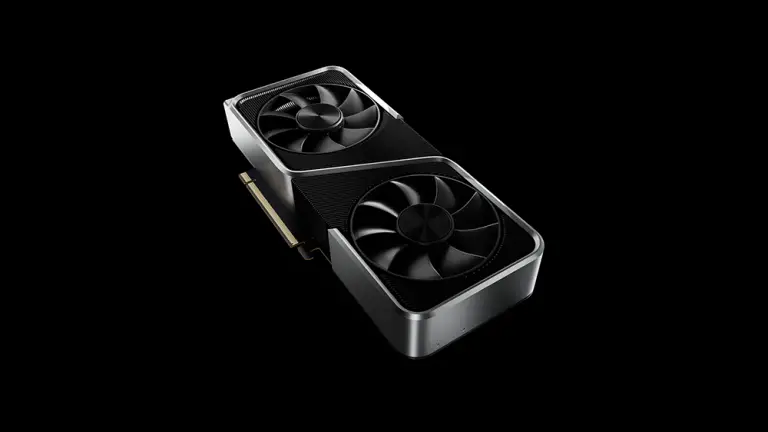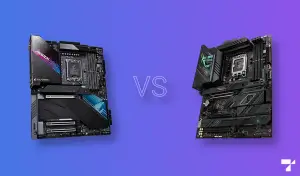The RTX 3060 showcased a significant jump in performance with less power consumption than its predecessor. This jump in performance and overall efficiency makes the RTX 3060 quite appealing until you see its poor retail pricing. However, if you can get your hands on an RTX 3060 graphics card for a reasonable price, you shouldn’t worry about its power consumption so long as you have a single 8-pin PCI connector available.
RTX 3060 Power Consumption
The RTX 3060 power consumption is approximately 170 watts on average with momentary transient spikes upwards of 190 watts. This is quite average, not exactly very efficient, but not considered bad in terms of power draw. Quite the expected power-to-performance value of the lowest mid-range GPU of the Ampere architecture.
Because of this relatively low power draw, there are no huge differences between different models, all of which only have a variance of about 10 watts or so. For overclocking, a good number of models will at least provide 250-300 watts as a base upper power limit for the RTX 3060.
How Many Watts Does an RTX 3060 Use Per Hour?
If we include time as a variable, the RTX 3060 will typically use up approximately 0.17 kilowatt-hours per hour. Assuming we use the GPU to play modern games for two hours each day, we’ll have a total value of 2.4 kilowatt hours per week (does not include regular browsing use).
RTX 3060 Power Supply Requirements
Nvidia states that the RTX 3060 has a power supply requirement of 550 watts. This wattage value gives headroom for PSU models of different tiers and provides ample headroom for enthusiast overclocking… if it even needs one. It is also most likely a holdover from the RTX 2060, which was also listed with similar power supply requirements by its AiB board partners.
If you are not familiar with PSU, going a bit beyond a 550-watt PSU to 600 or 650-watt if you have the option is the better choice. This is because you would have more headroom for when or if you decided to upgrade other PC components such as your CPU without having to replace your power supply.
Recommended RTX 3060 Graphics Card
We recommend the GIGABYTE GeForce RTX 3060 Gaming OC as it balances performance, (retail) price, features, power efficiency, and availability quite well. It is a triple-fan variant that meets the modest cooling standards of the GPU quite well and is fairly available at (relatively) reasonable price points as a brand-new product.
Feature-wise this GPU has a full-metal backplate, and fin stacks with adequate heat pipe connections. It also has more than adequate thermal padding on most critical components. This GPU will provide you with very good 1440p gaming performance in most triple-A titles due to its 1837 MHz clock and 12GB 192-bit GDDR6 memory.
Recommended Power Supply for RTX 3060
Corsair CV650
The most practical recommendation for an RTX 3060 would be the Corsair CV650. It is a very cheap, simple, no-nonsense Bronze 80 Plus certified non-modular PSU that matches well with the intended budget levels of an RTX 3060 build. It is supported by a three-year warranty and is solidly categorized as a C-tier unit.
Higher-wattage CV series PSUs (650, 750) have much better modern PCB and wiring designs compared to their lower-wattage counterparts. The inferiority mainly stems from the price, though, since there is almost no difference climbing from 550 watts to 650 watts. So, better get one with the updated DC-DC design anyway.
RTX 3060 Power Connector
RTX 3060 will generally feature only one 8-pin PCI connector, as with most GPUs that are rated lower than 200 watts. However, higher-end or premium models might occasionally feature a second 8-pin connector, specifically built for enthusiast overclocking.



